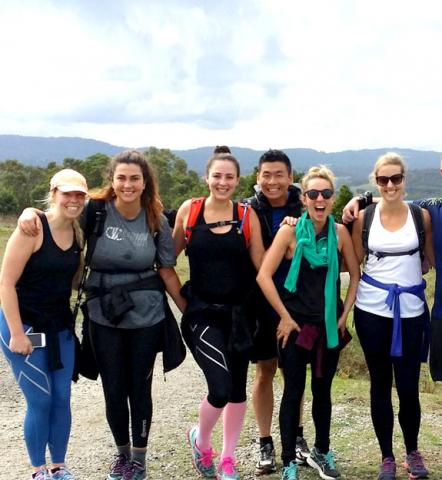Brisbane
Level 2, 183 North Quay
Brisbane City QLD 4000 Australia

It can be daunting applying for roles when you have just graduated and don’t have experience in that field.
When asked about professional experience – don’t panic if you don’t have any! You aren’t the first graduate to be in this position, it’s very common. Instead focus on talking about transferrable skills, soft skills, university projects and what you are doing to improve yourself instead.
Below are examples of what you can talk about if you haven’t had a professional job:
1. University Projects
Detailing university projects is an easy addition to your resume that instantly increases your chances of getting a job and look more attractive to recruiters. All you need is to add the list of projects and rename your resume work experience section as ‘’Projects.’’ Choose a project or assignment related to the role and ensure you are ready to talk about this project with confidence.
2. Volunteer Work/Freelancing
Use volunteer experience to show your knowledge/involvement of your chosen career path. Many students volunteer for non-profit organisations connected to their field of study. If you are involved in volunteer work related to the job, use your experience to show you have skills and understand the field. This will also show the hiring manager you are willing to go above and beyond to improve yourself!
3. Self-study
When preparing your resume, include all relevant skills, including any learned on your own. By emphasizing self-taught skills on your resume, it will help differentiate yourself from other applicants and showcase you are proactive/have initiative.
4. Soft Skills
Even if your past work experience is unrelated to the job you are applying for, you can still highlight soft skills learnt in that role. Soft skills relate to personality and include traits like empathy, adaptability, or creativity. Share those experiences to explain how you gained these valuable skills and importantly how they transfer to the role.
5. Transferrable Skills
A transferrable skill is any skill you possess which could be useful to employers across various jobs and industries. Examples include communication, problem-solving, customer service and teamwork. Practice talking about a time when you faced an issue and demonstrated one of these skills. i.e., how you would prevent a problem and the steps taken to find the solution. Transferrable skills cannot be underestimated and will always make you more desirable to employers.
6. Attitude
Most importantly, show you are enthusiastic, positive and are eager to learn! Employers want to hire people who are upbeat and likely to get along with their bosses, co-workers and clients. Attitude plays a significant role in job success, go in with a positive mind set from day one, and you will go far.
Good luck!